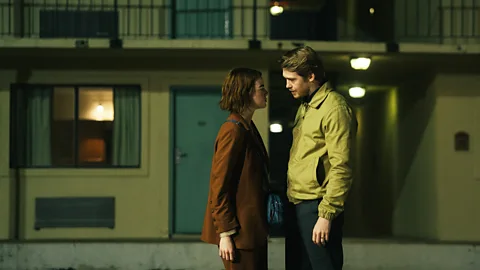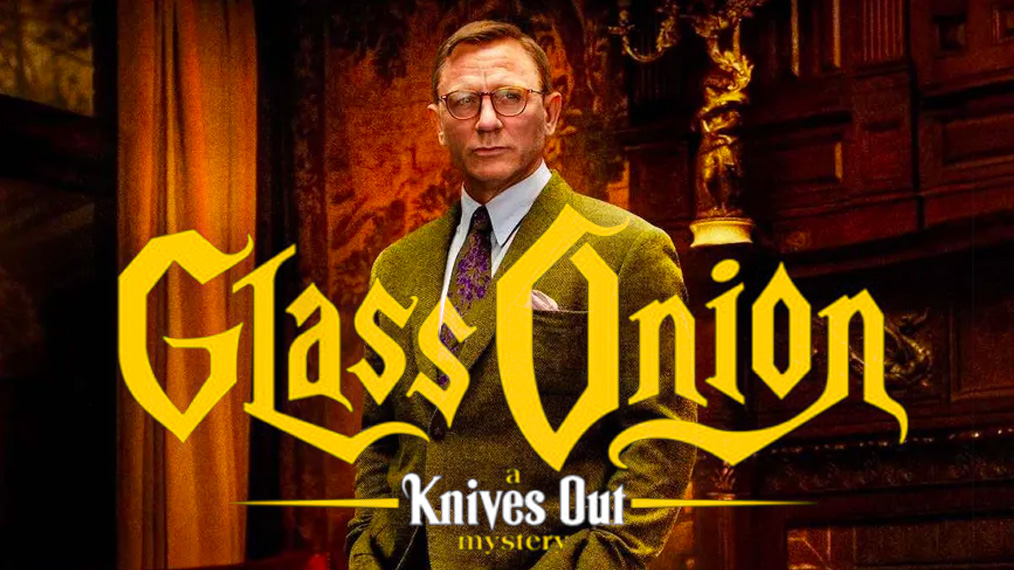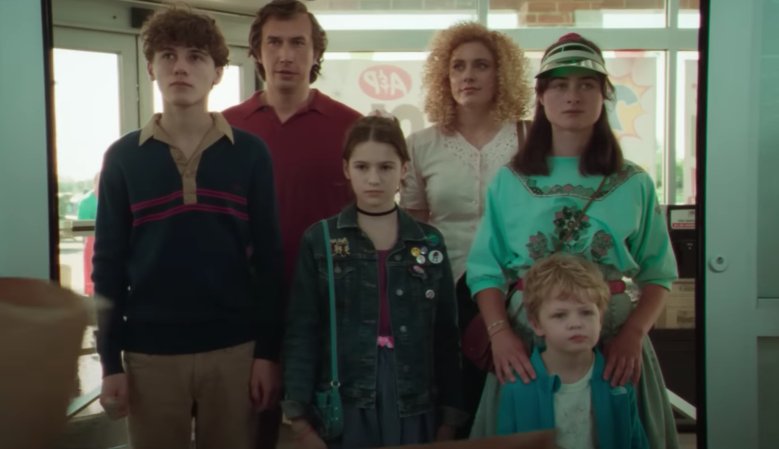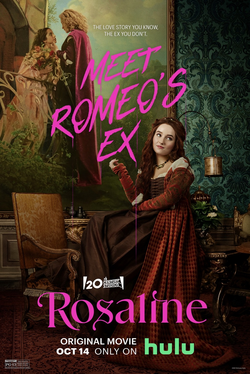Kinds of Kindness
Posted on June 27, 2024 at 5:15 pm
C| Lowest Recommended Age: | Adult |
| Profanity: | Constant very strong language |
| Alcohol/ Drugs: | Drinking and smoking, characters drugged for abuse |
| Violence/ Scariness: | Explicit, disturbing violence including self-mutilation, suicide, and rape, very graphic and shocking images |
| Diversity Issues: | None |
| Date Released to Theaters: | June 28, 2024 |

Director Yorgos Lanthimos is more interested in shock and sensation than story or character. He reunites with his “Poor Things” stars Emma Stone and Willem Dafoe and his “The Lobster,” “Dogtooth,” and “Killing of a Sacred Deer” co-screenwriter Efthymis Filippou for “Kinds of Kindness,” which is not about kindness at all but about obsession, dominance, and sacrifice. In its almost three-hour run time it features self-mutilation, suicide, murder, rape, a valuable broken tennis racket, and a cult centered around a notion of purity, a sweat lodge, and the possibility of reviving the dead. And it features a repertory cast of actors playing different characters in three otherwise unrelated stories, each appearing with a title referring to “R.B.F.”
Those initials are glimpsed onscreen just once, at the beginning of the film. “Sweet Dreams are Made of This” by Eurythmics intones on the soundtrack, telling us what is ahead: “Some of them want to abuse you. Some of them want to be abused.” There are many symbolic allusions throughout, though most gesture toward meaning rather than attempting it. Like these: There is a street named Perdido (lost). A close-up of two mouths kissing is so extreme it may make you wonder how humans ever got started with it. There is the novel Anna Karenina. That broken tennis racket was smashed during a game by John McEnroe. There’s also a cracked helmet worn in a race by Ayrton Senna. We see a blue pick-up truck, and then two more just like it.
The first story is titled: “The Death of RMF.” A man comes to the door of a luxurious home and is let in by a beautiful young woman (Margaret Qualley) wearing a very short silk robe. She describes what he is wearing to someone over the phone, including the monogram on his shirt: RMF, which she initially mistakes for BMF, explaining that the embroidery is poorly done. The person on the other end of the phone is Raymond (Dafoe), wealthy, powerful, and obsessively concerned with controlling the most intimate details of everyone around him. One of those is Robert (Jesse Plemons), an executive in Raymond’s construction business, who lives in a modern mansion with his wife, Sarah (Hong Chau). Robert receives a hand-written note card with a minute-by-minute description of his day, from the socks, shoes, and suit he must wear to when he must and must not have sex with his wife. Robert for the first time, after ten years, tries to say no to Raymond when his first attempt to complete a dangerous, possibly deadly, task, is unsuccessful. This is when we find out what Raymond is willing to do, how much he is willing to debase himself by pleading, lying, stealing, harming himself, and worse.
“RMF is Flying” is the title of the second story, with Plemons as a police officer named Daniel whose wife, Liz (Emma Stone) is missing with her colleagues who were on a marine research trip. Daniel cannot think of anything else, worrying about what she is eating, imaging that a suspect in the police station looks like her. His partner and best friend is Neil (Mamoudou Athie), married to Martha (Qualley). They do their best to provide comfort and support, but Daniel is inconsolable. And then Liz returns. But Daniel believes something is wrong, and this being who looks and sounds like Liz cannot possibly be his wife.
The title of the third story is “RMF Eats a Sandwich.” This time, Stone plays Emily and Plemons is Andrew. They are testing young women on behalf of a group we will learn about. This is so important to her that she has left her husband, Joseph (Joe Alwyn) and the daughter they just call The Little One (Merah Benoit).
The screenplay relies heavily on the shock value, the performances and the production design by Anthony Gasparro to make the movie seem weightier than it is. And when that’s not enough, it winks at the audience to let us know that it just doesn’t care.
NOTE: Stay into the credits to see a bit more. Stone’s dance is every bit as good as the one that was a highlight of “Poor Things.”
Parents should know that this movie has pervasive adult material including sexual references and explicit situations, nudity, very strong language, alcohol and smoking, and graphic and disturbing images including suicide, murder and police shooting an unarmed man.
Family discussion: Why does Robert do want Raymond tells him to do? Why do Emily and Andrew do what Omi and Aka tell them to do? Why does the tennis racket mean so much to Sarah and so little to the people who buy it? How do you decide who you trust? Who is RMF and why does he matter to these stories?
If you like this, try: “The Lobster” and “Poor Things”









